Don't Void Your VW Warranty: The Top 5 Exclusions and How to Keep Your Coverage Intact
1. The Perils of Unauthorized Mods: Aftermarket Parts and Performance Upgrades
One of the quickest ways to complicate your warranty coverage is by making unauthorized modifications to your Volkswagen. While the temptation to enhance your vehicle's performance or aesthetics with aftermarket parts can be strong, it often comes with significant risks. Installing non-OEM (Original Equipment Manufacturer) parts, especially those that alter the engine's performance, suspension, or electrical systems, can be a major red flag for warranty claims. Volkswagen's warranty is designed to cover defects in their original manufacturing and approved components. If a problem arises that can be directly attributed to an aftermarket part or the modification itself, VW can deny coverage for that specific issue. For example, chipping or tuning your engine's ECU (Engine Control Unit) to boost horsepower might be thrilling, but if your engine then experiences a failure, Volkswagen can argue that the modification was the cause, effectively voiding the warranty on powertrain components. Even seemingly innocuous changes like certain headlight upgrades or non-approved wheel sizes can sometimes lead to issues not covered, especially if they interfere with critical systems or cause premature wear.
2. Skipping Service? Your Warranty Might Skip Too: Neglect and Poor Maintenance
Your Volkswagen came with a recommended maintenance schedule for a reason. Adhering to this schedule is not just about keeping your car running smoothly; it's a vital part of maintaining your warranty. Neglecting routine services like oil changes, tire rotations, fluid checks, filter replacements, and scheduled inspections can lead to significant problems down the line. If a component fails due to a lack of proper maintenance – for instance, an engine seizing because you consistently skipped oil changes – Volkswagen can, and likely will, deny your warranty claim. The reasoning is straightforward: the issue wasn't a manufacturing defect but a consequence of owner neglect. It's crucial to keep detailed records of all your maintenance, including dates, mileage, and the services performed. Whether you go to an authorized VW dealership or a certified independent mechanic, always retain receipts and service reports. These documents are your proof that you've done your part in caring for your vehicle, and they are invaluable should you ever need to make a warranty claim.
3. When Your VW Works Too Hard: Misuse, Abuse, and Accident Damage
While Volkswagens are built for performance and reliability, they aren't indestructible, nor are they designed for every conceivable driving scenario. Your warranty explicitly excludes damage resulting from misuse, abuse, or accidents. This means if you take your sleek Jetta off-roading and damage the undercarriage, that repair won't be covered. Similarly, using your vehicle for racing, competitive events, or commercial purposes (unless specifically warranted for such use) can lead to voided coverage for related issues. Overloading your vehicle beyond its specified weight capacity, using the wrong type of fuel (e.g., putting regular gas in a premium-only engine), or ignoring warning lights until a catastrophic failure occurs are all forms of misuse that can jeopardize your warranty. Furthermore, damage caused by collisions, vandalism, theft, or natural disasters (like floods or hail) are typically covered by your car insurance, not your manufacturer's warranty. The warranty is designed to cover defects in materials and workmanship, not external forces or owner-induced damage.
4. Nature's Wrath and Time's Toll: Environmental Damage and Normal Wear & Tear
Not everything that goes wrong with your car is a warranty issue, and that includes damage from environmental factors or simply the passage of time and use. Volkswagen warranties generally do not cover damage caused by external environmental conditions. This includes acts of nature such as hailstorms, floods, earthquakes, or falling objects. Similarly, damage from road hazards like stone chips, chemicals (e.g., industrial fallout, tree sap, bird droppings left too long), or even improper car washes are typically excluded. Beyond environmental factors, the warranty also distinguishes between manufacturing defects and 'normal wear and tear.' Components that are designed to wear out over time and use – such as tires (beyond initial defect coverage), brake pads, clutch plates, wiper blades, light bulbs, and fuses – are usually not covered by the standard warranty once they've served their expected lifespan or reached their wear limits. While some very specific components might have limited initial coverage for defects, expect to pay for the replacement of these consumable parts as part of routine vehicle ownership.
5. Don't Mess with the Meters: Odometer Tampering and Emission System Interference
Two highly critical actions that can immediately and unequivocally void your Volkswagen warranty, and potentially lead to legal consequences, are tampering with the odometer or interfering with the vehicle's emission control systems. The odometer is a fundamental indicator of your vehicle's mileage and, consequently, its age and wear. Altering it to show fewer miles is not only a federal offense but also a direct violation of your warranty terms. Volkswagen, like all manufacturers, relies on accurate mileage readings to determine warranty eligibility and service intervals. Any evidence of odometer tampering will invalidate your coverage. Similarly, tampering with or removing components of your vehicle's emission control system (e.g., installing 'delete kits' for diesel particulate filters or catalytic converters) is illegal and will void your warranty. These systems are crucial for environmental compliance and the proper functioning of your engine. Interfering with them can lead to significant mechanical issues and will leave you without warranty support for any related repairs.
How to Keep Your Volkswagen Warranty Intact: A Proactive Approach
Protecting your Volkswagen warranty doesn't have to be a daunting task. A proactive approach and a little common sense can go a long way. Here’s how you can ensure your coverage remains valid:
- Read Your Warranty Booklet: It sounds simple, but truly understanding what your specific VW warranty covers and, more importantly, what it excludes, is your best defense.
- Follow the Maintenance Schedule: Adhere strictly to Volkswagen's recommended service intervals. Keep meticulous records (receipts, service reports) of all maintenance performed, regardless of where you get it done.
- Use Genuine VW Parts or Approved Equivalents: When repairs or replacements are needed, always opt for genuine Volkswagen parts or those explicitly approved by VW.
- Choose Authorized Service: While not always mandatory, having your routine maintenance and repairs performed by an authorized Volkswagen dealership or a VW-certified independent shop can prevent disputes over proper procedures and parts.
- Address Issues Promptly: Don't ignore dashboard warning lights or unusual noises. Addressing minor issues quickly can prevent them from escalating into major, potentially uncovered problems.
- Drive Responsibly: Avoid misuse, abuse, and reckless driving. Your car is designed for everyday driving, not extreme conditions (unless it's a specific off-road model and used within its design limits).
- Ask Questions: If you're considering a modification or have doubts about a repair, consult your VW dealership or customer service first. It's always better to be safe than sorry.
Conclusion
Your Volkswagen warranty is a valuable asset, designed to give you peace of mind and protect your investment. By understanding and avoiding these common exclusions, you can significantly reduce the risk of unexpected repair costs and ensure your coverage remains intact. Treat your VW well, stick to its recommended care, and be mindful of modifications, and you'll enjoy many years of worry-free driving, knowing that your warranty has your back. Don't let a simple oversight turn into a costly mistake!Where can I find my VIN?

Related Topics
- Your Ultimate Guide to Buying a Pre-Owned Infiniti: Unlocking the Value of CPO
- Corrosion, Seat Belts, and More: Uncovering the Long-Term, Specialized Coverage of the INFINITI Warranty
- Seamless Transitions: Your Guide to Transferring an Infiniti Warranty When Selling or Trading In
- Beyond the Basics: Essential Components Covered by the Infiniti Powertrain Warranty

